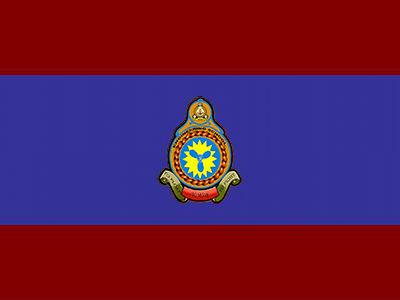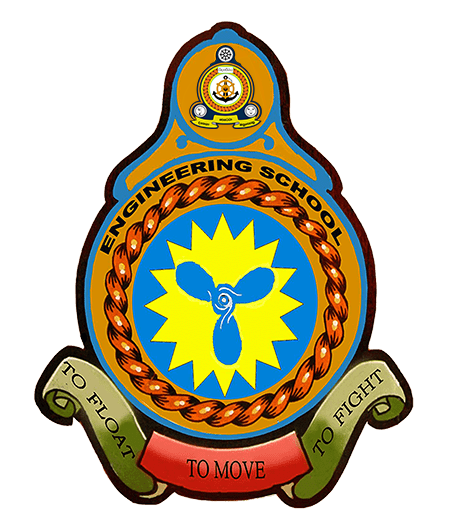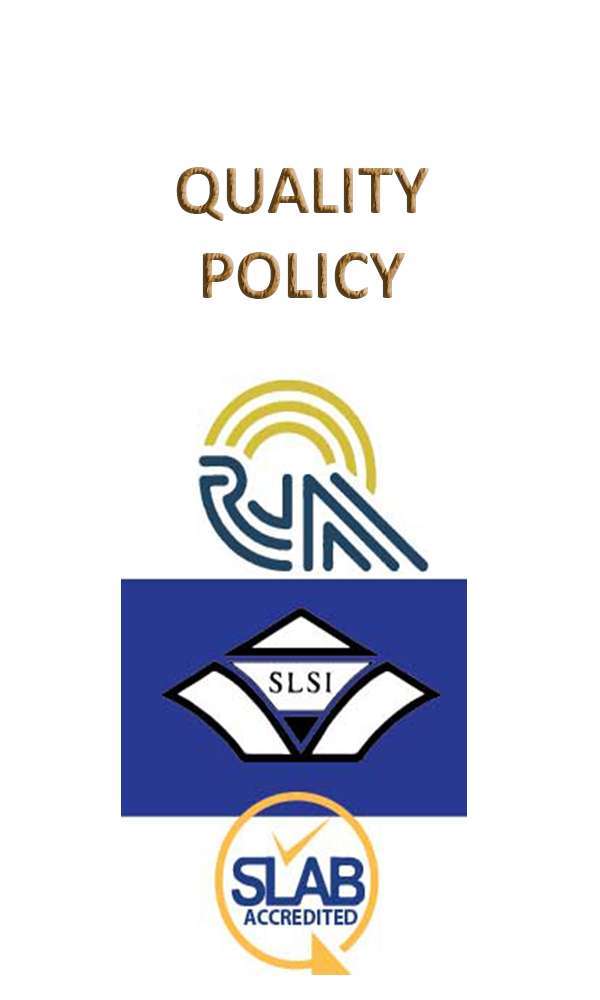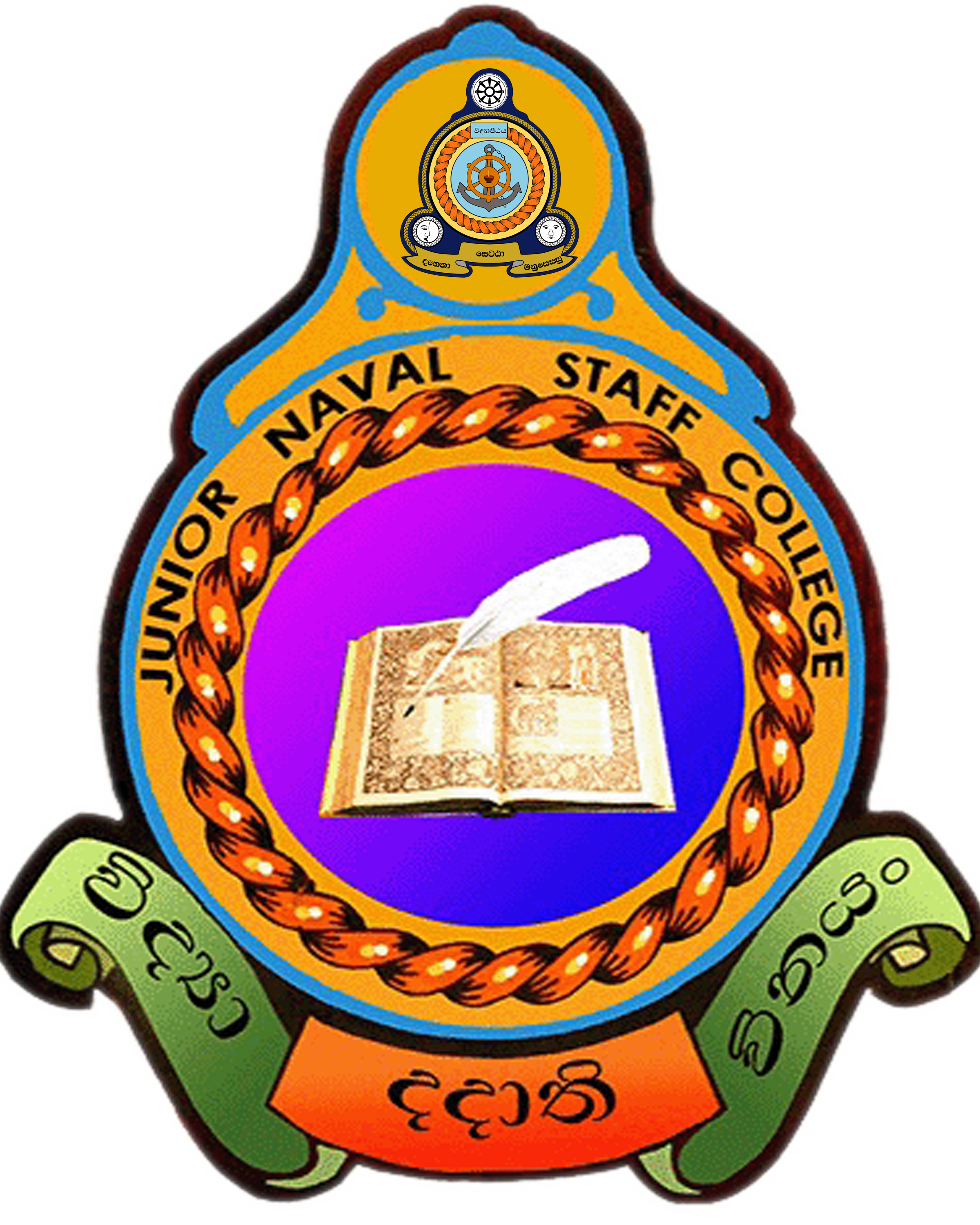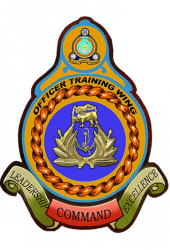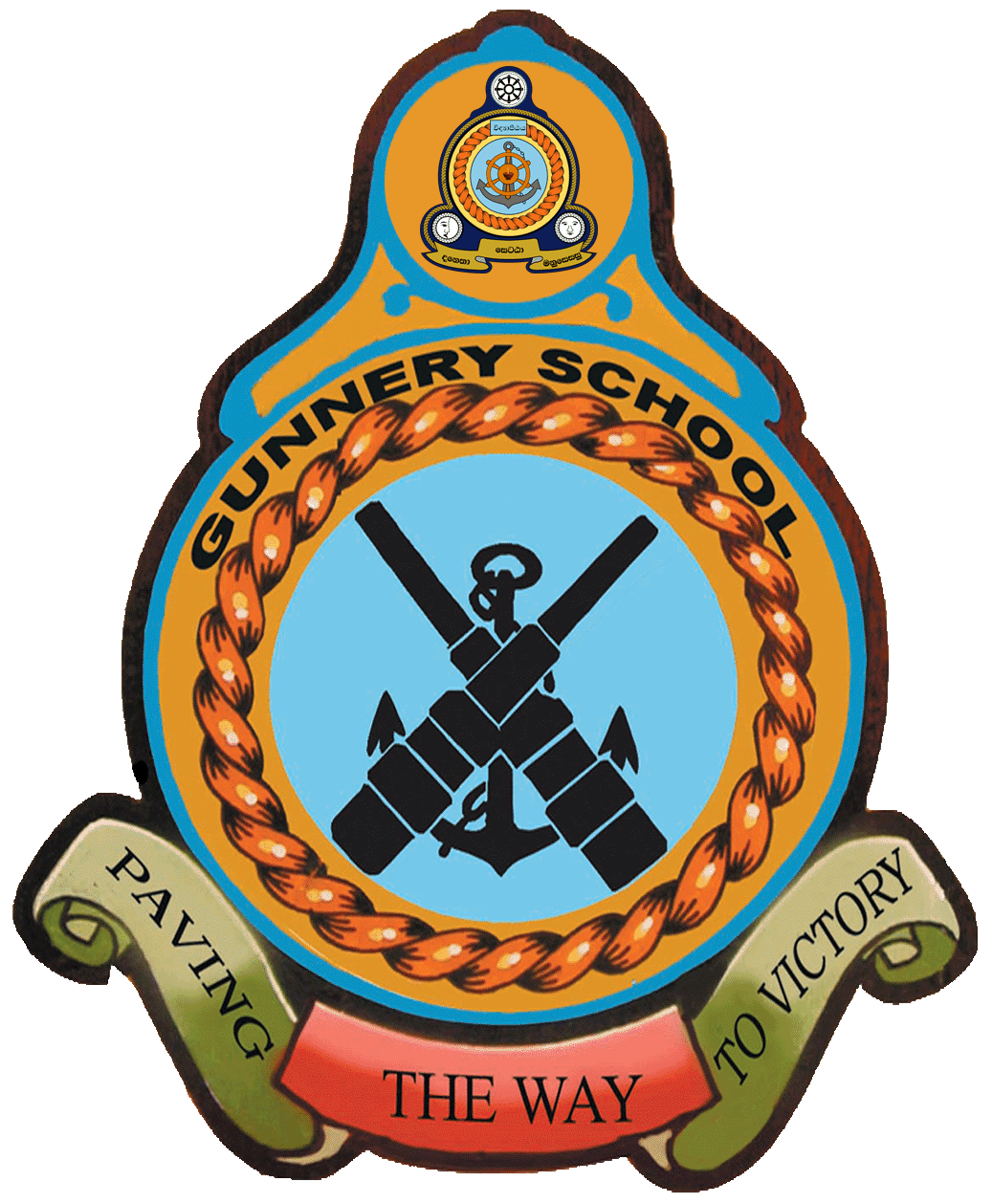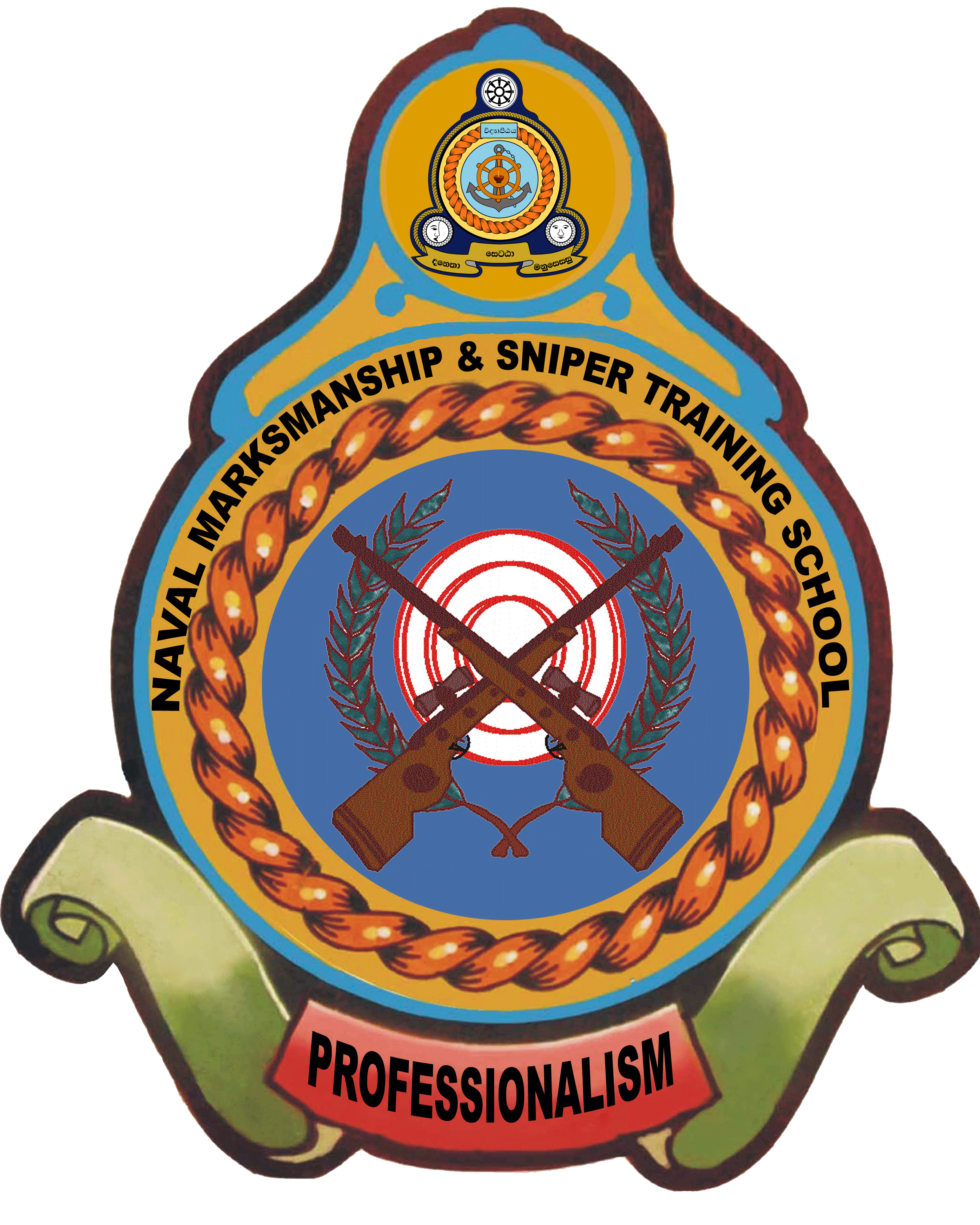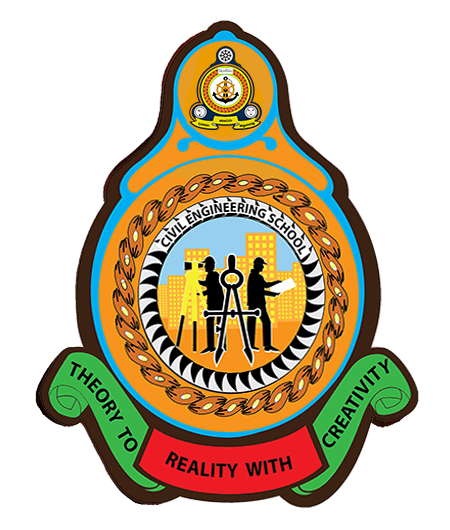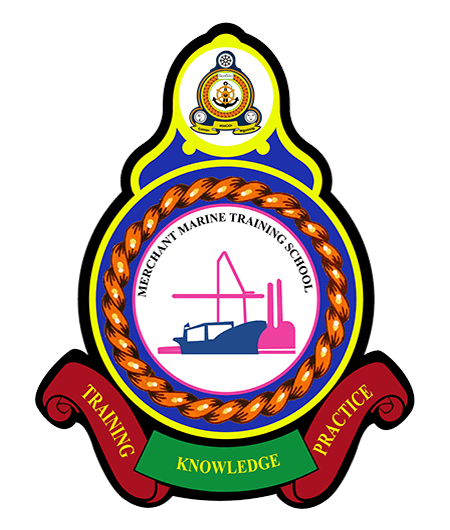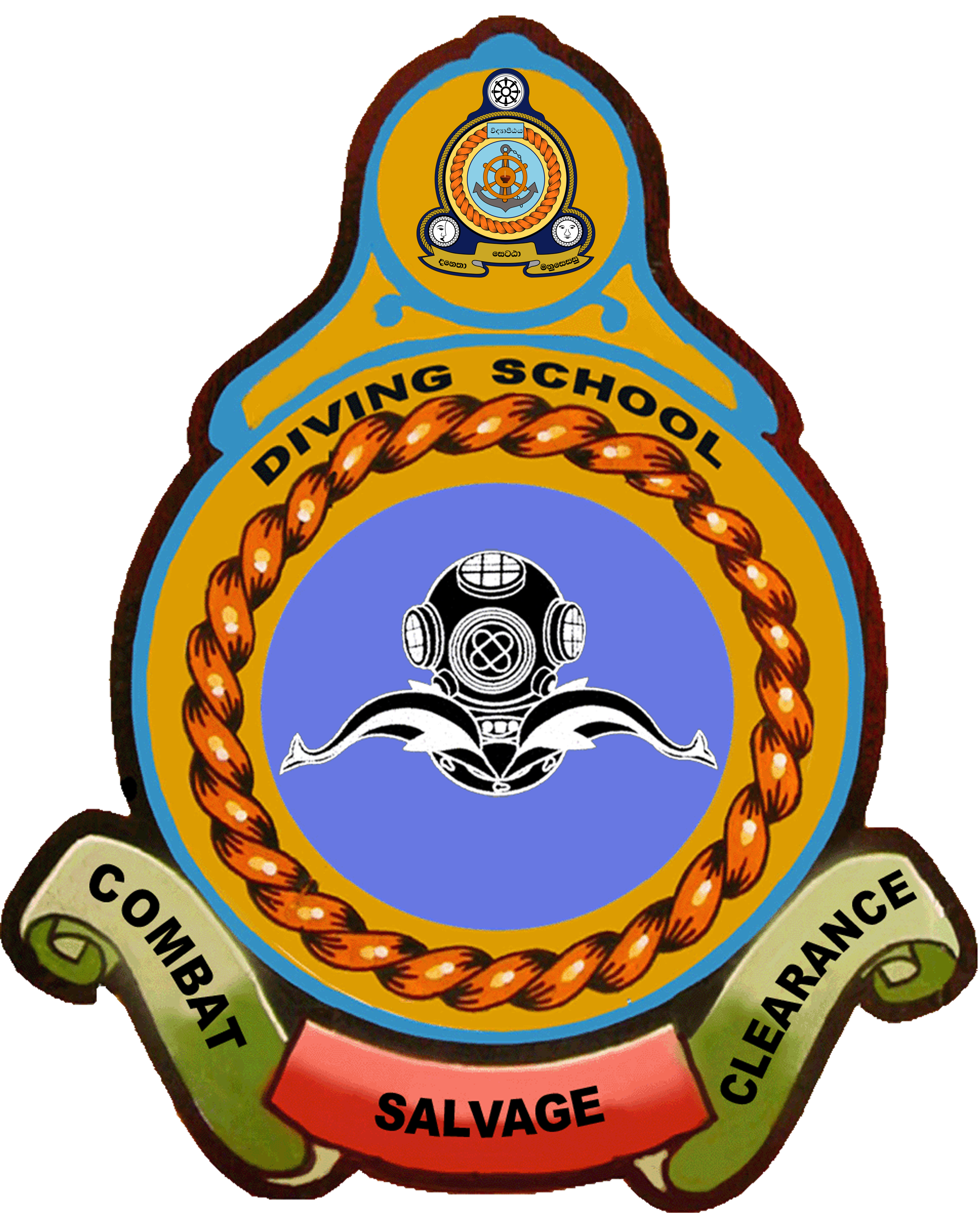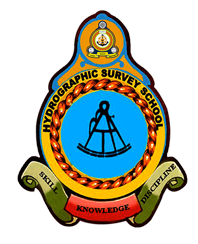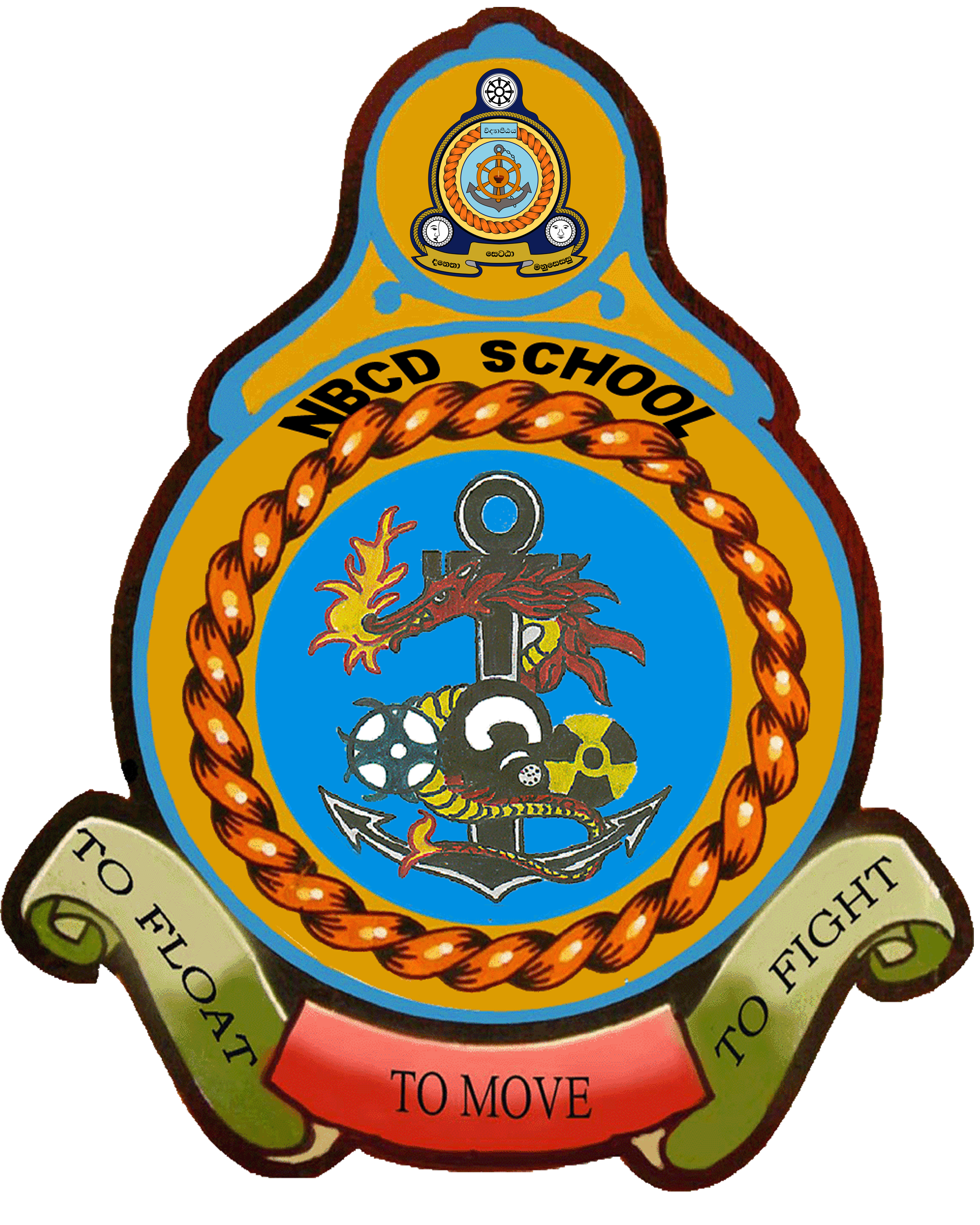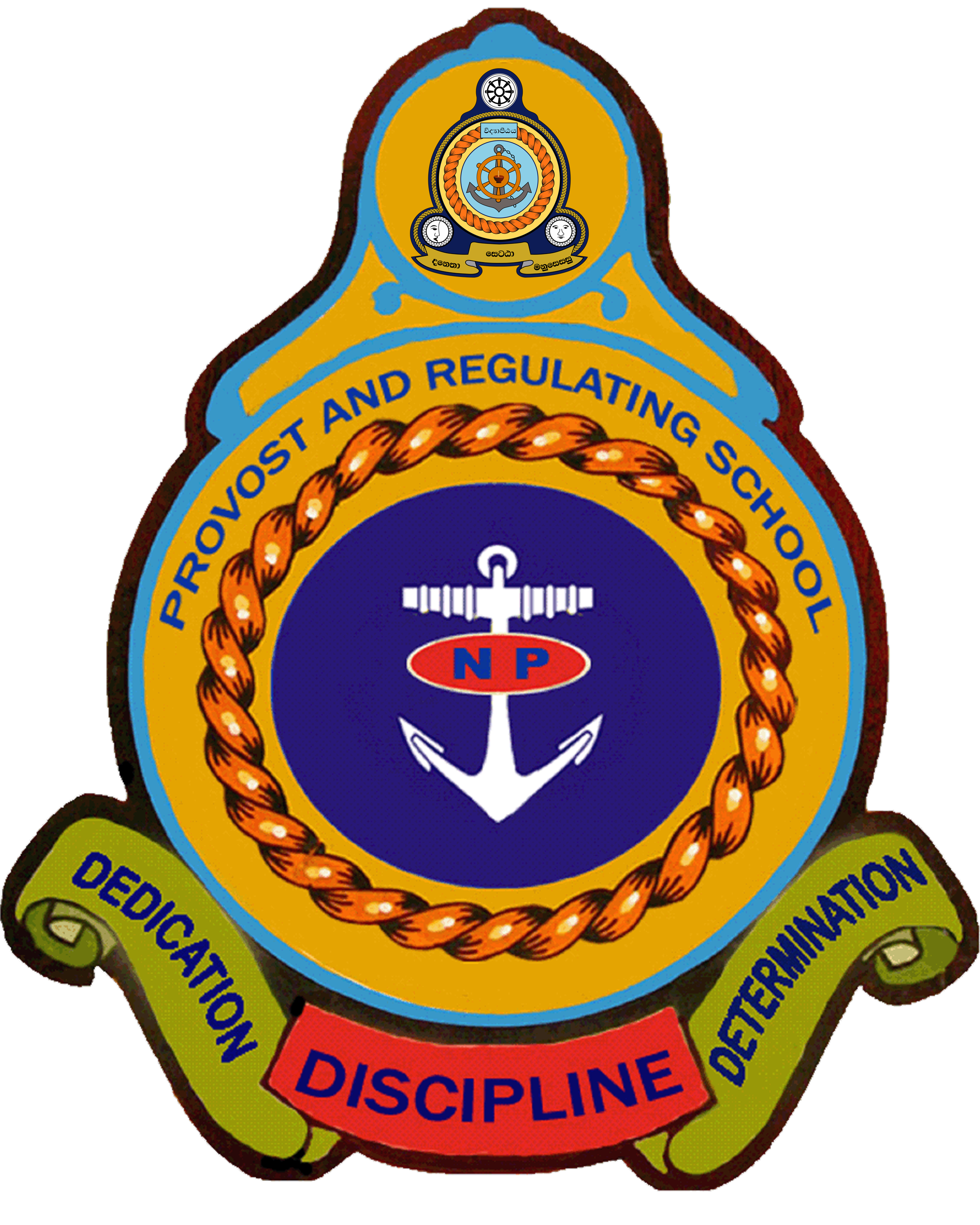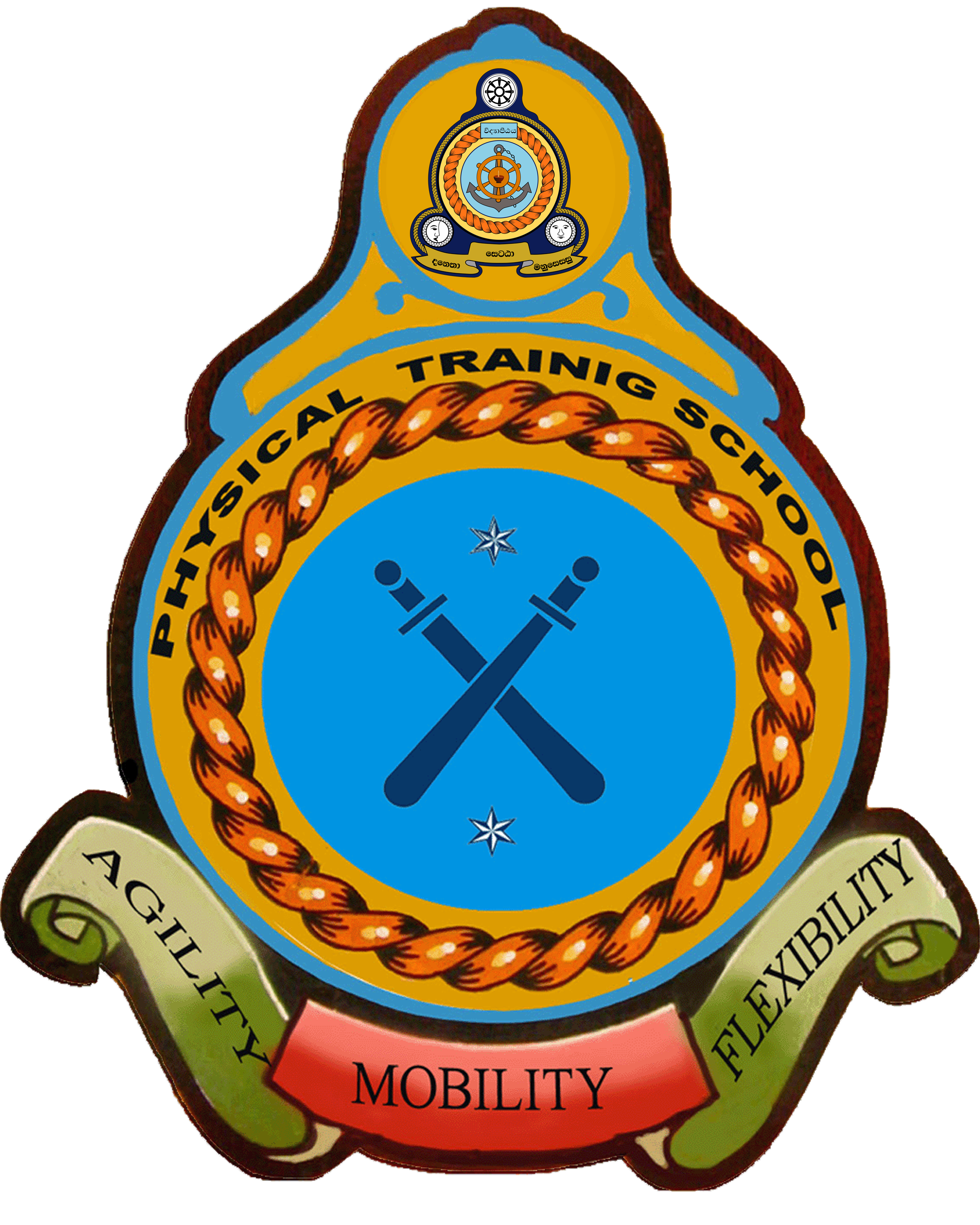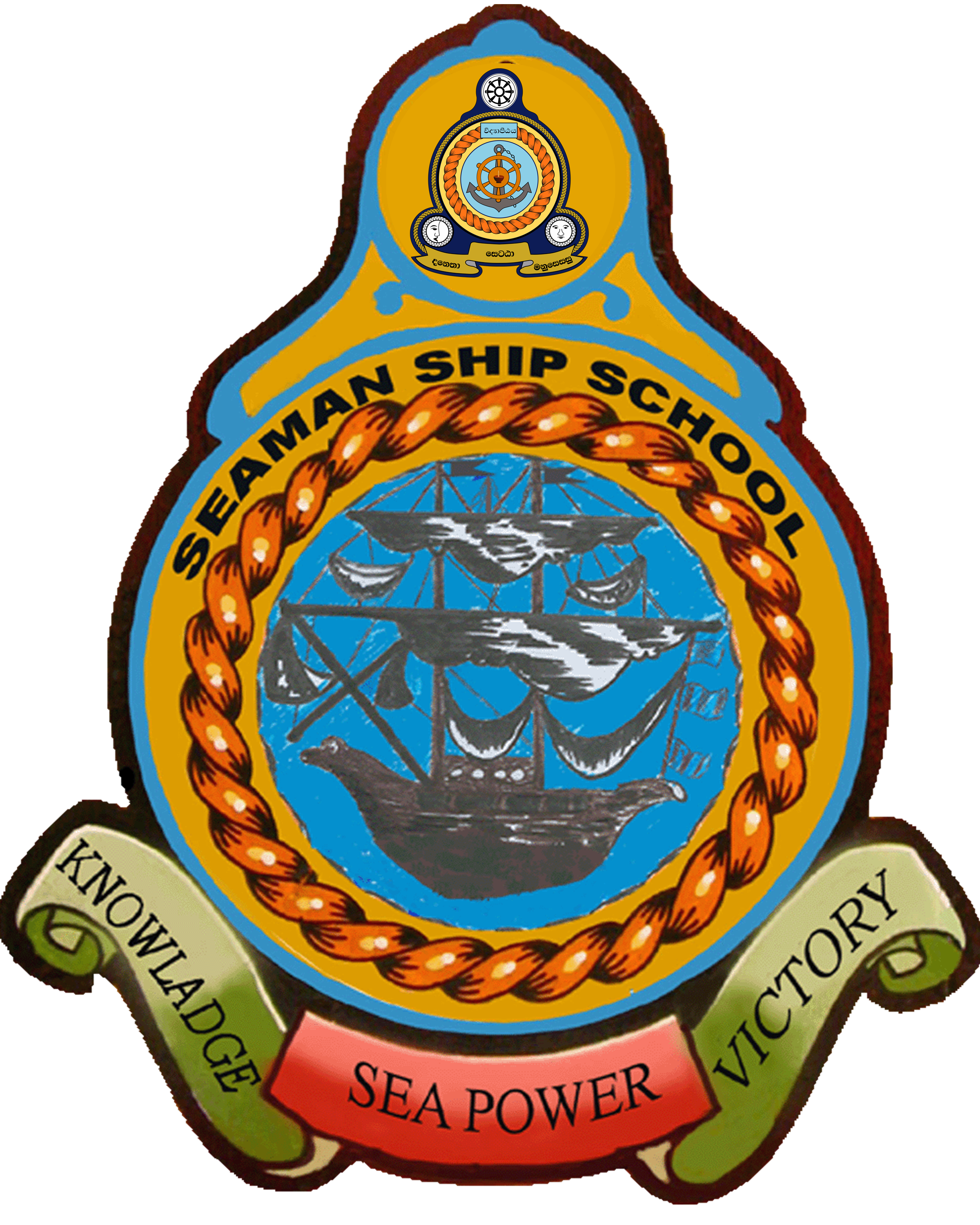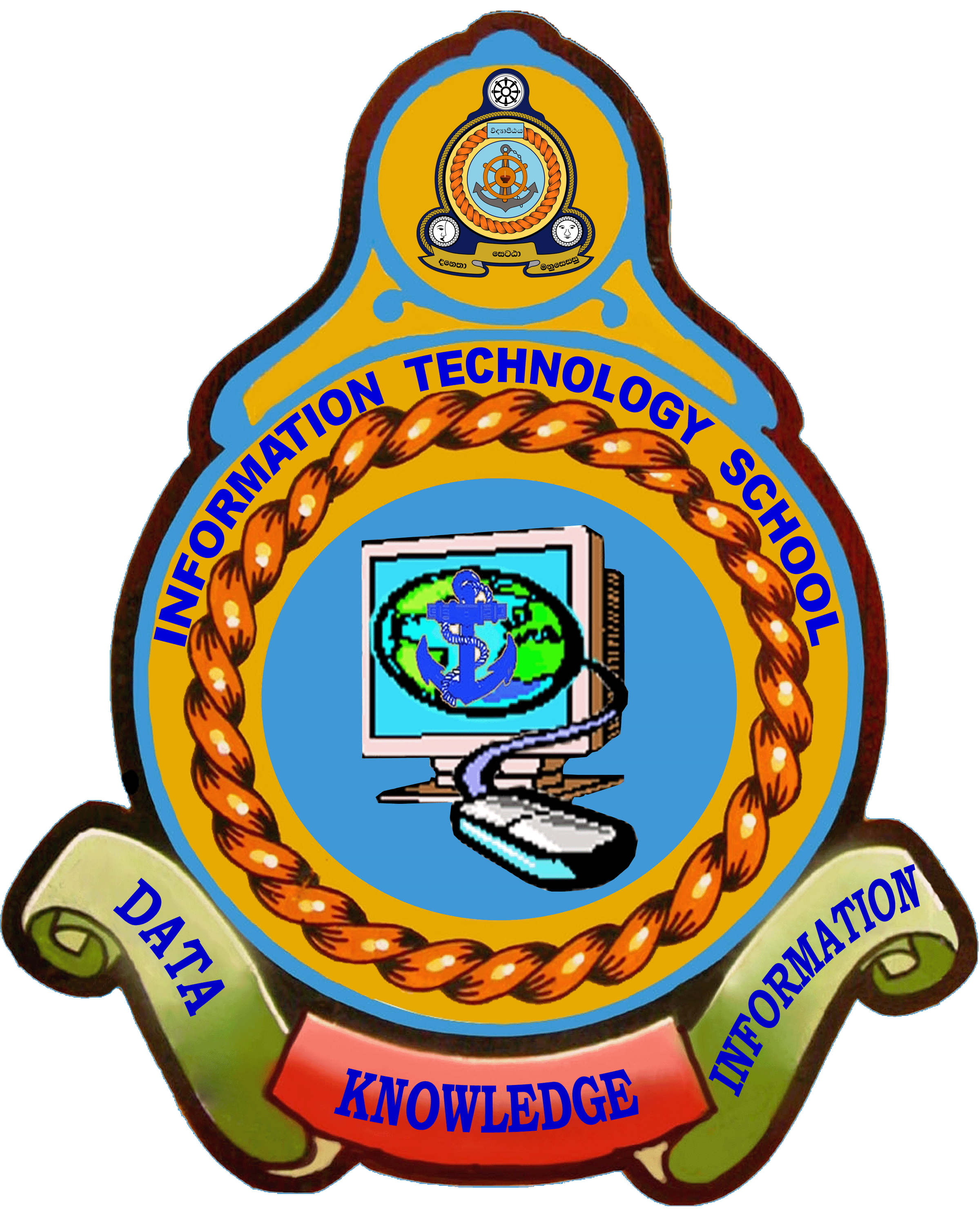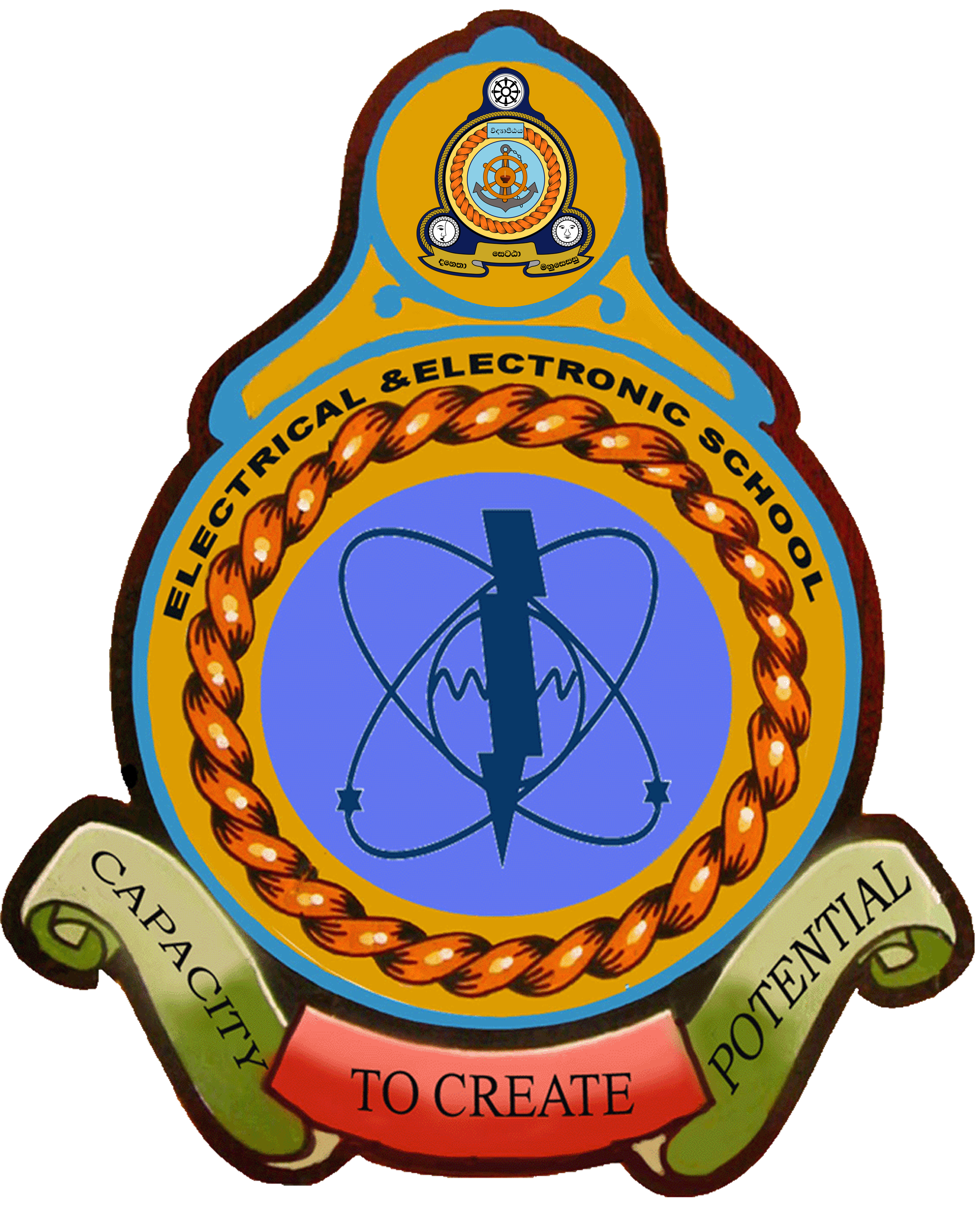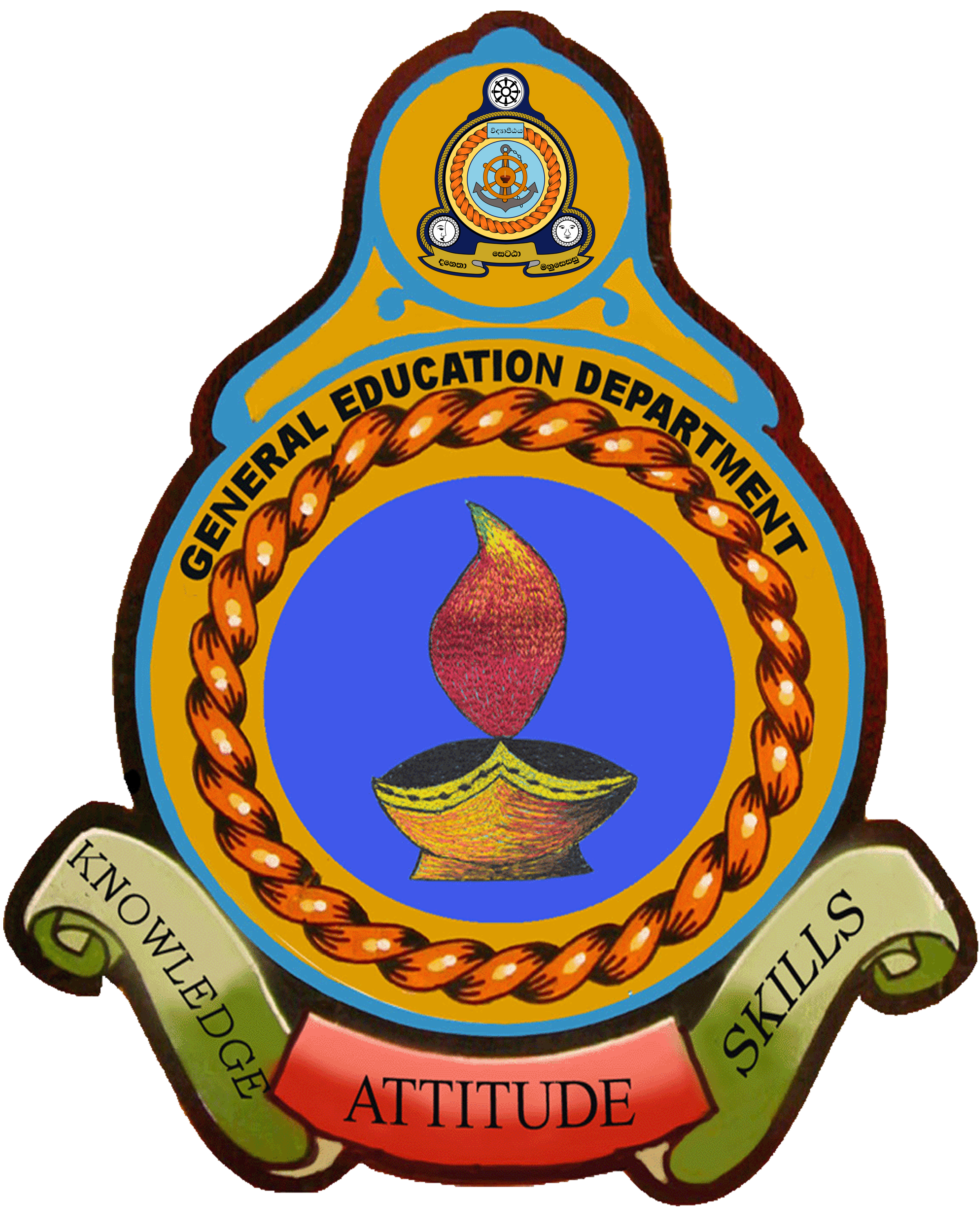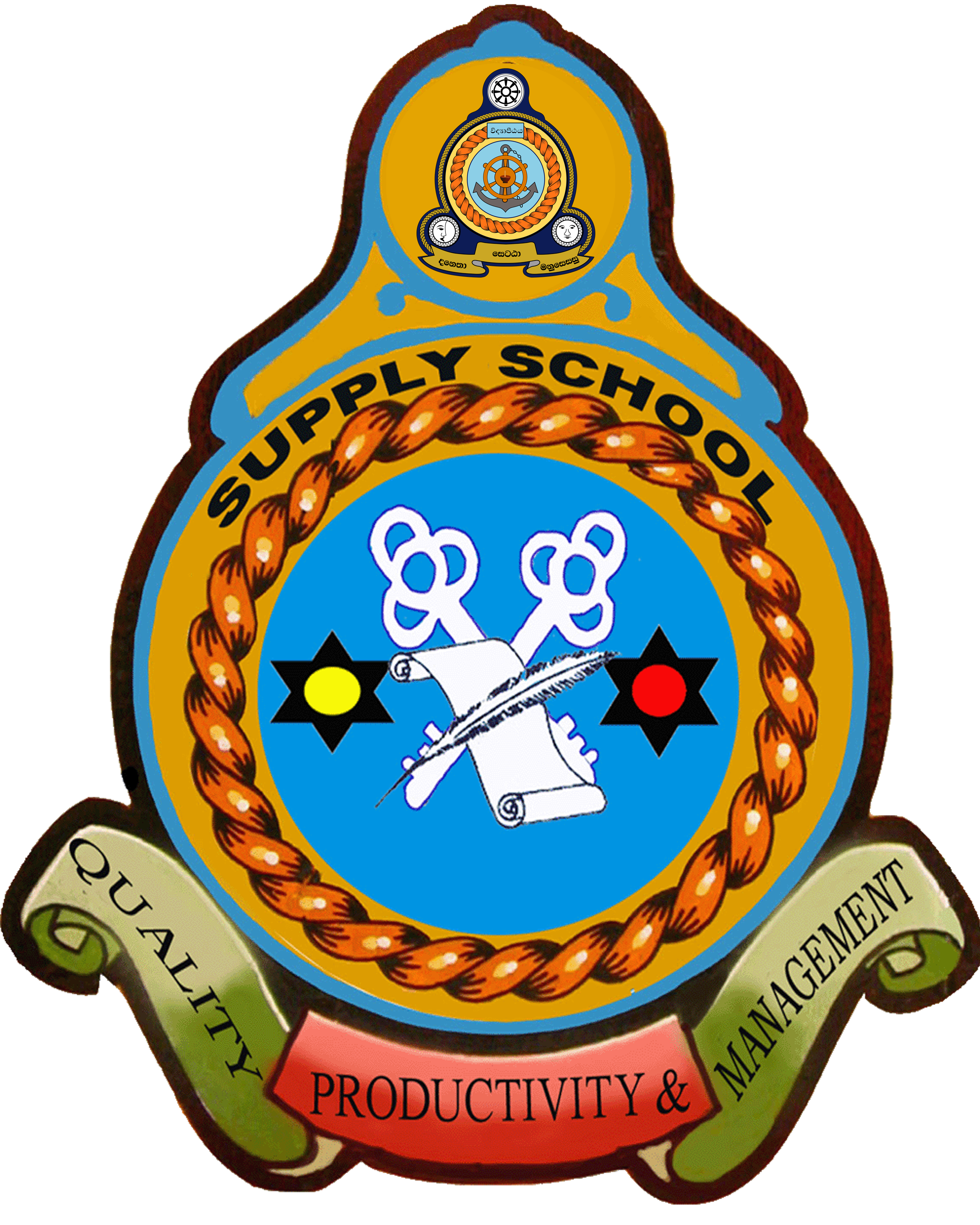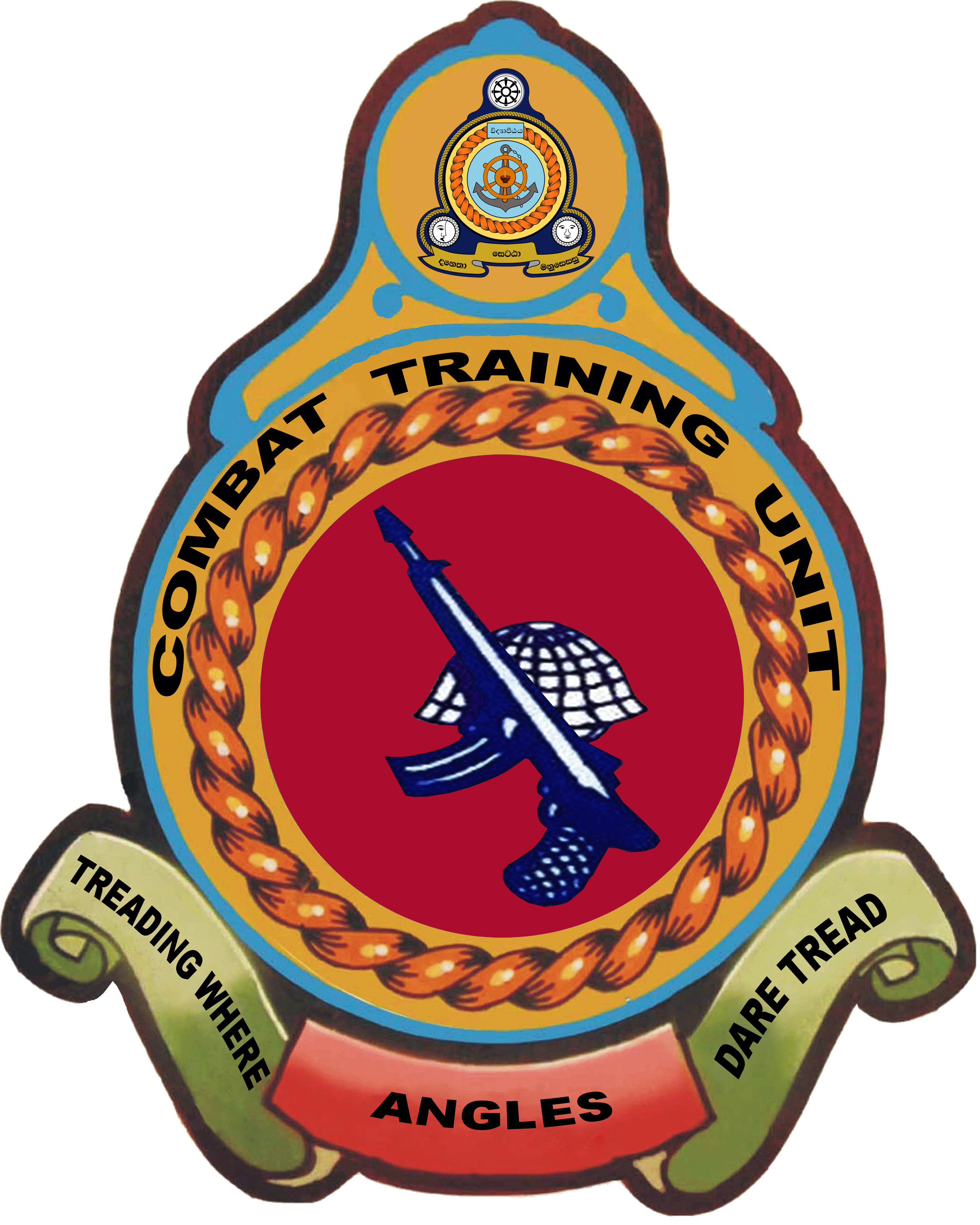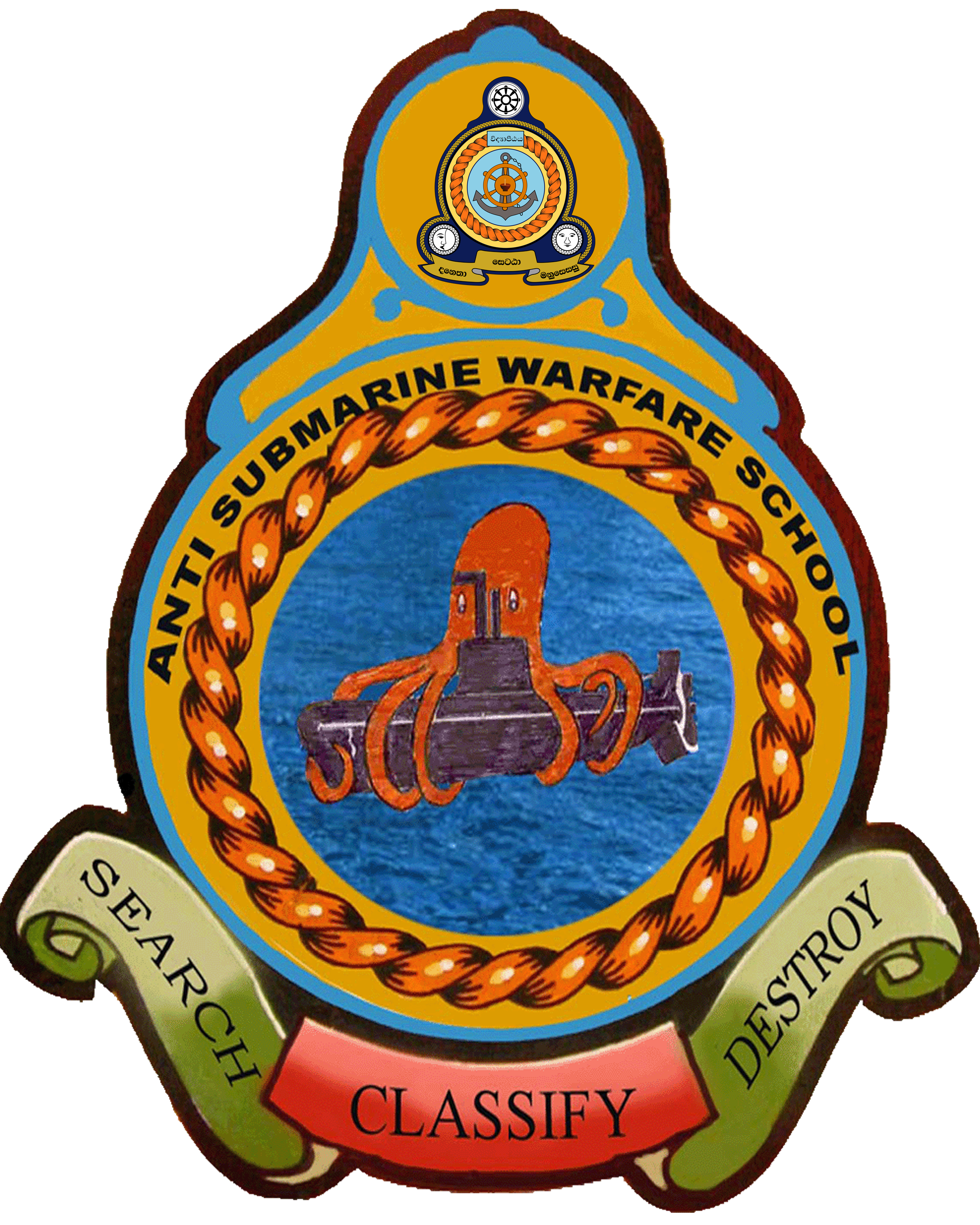ABOUT US
Engineering School was established at Naval and Maritime Academy on 10th December 1967. Being one of the oldest school existing at Naval and Maritime Academy, the Engineering School has been rendering a dominant service to Sri Lanka Navy in keeping with the policy of qualifying both officers and sailors to achieve the theoretical knowledge and the practical training on engineering disciplines at various levels to perform their specified duties in an effective and efficient environment.
The premises of Engineering School is comprised with a well-equipped Model Room, Machine Bay, Welding Workshop, nine general class rooms and a facilitated drawing room which enables about 300 trainees to undergo training programmes simultaneously.
OUR POLICY
To qualify both officers and sailors imparting sufficient theoretical knowledge and practical training on naval engineering procedures and maintenance at various levels to perform their specified duties in the most efficient manner leading to excellence in the naval service
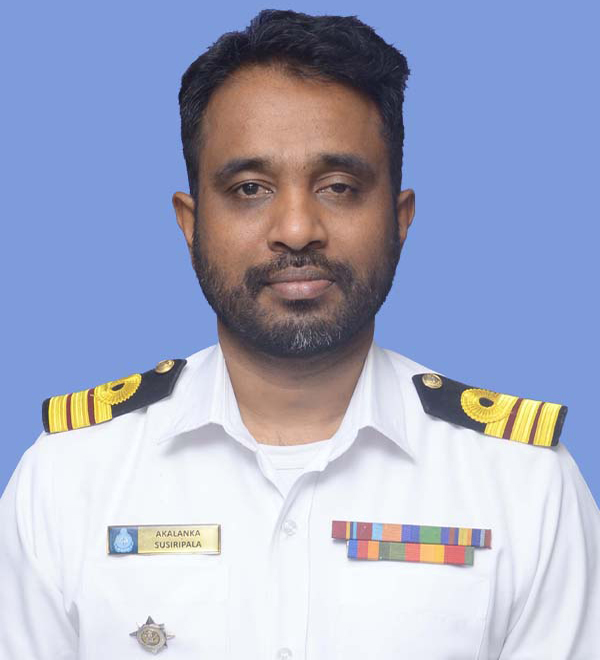
CDR (E) MDDA SUSIRIPALA
Officer In Charge
NRE 2393
Tel-61370
mda-susiripala@navy.lk
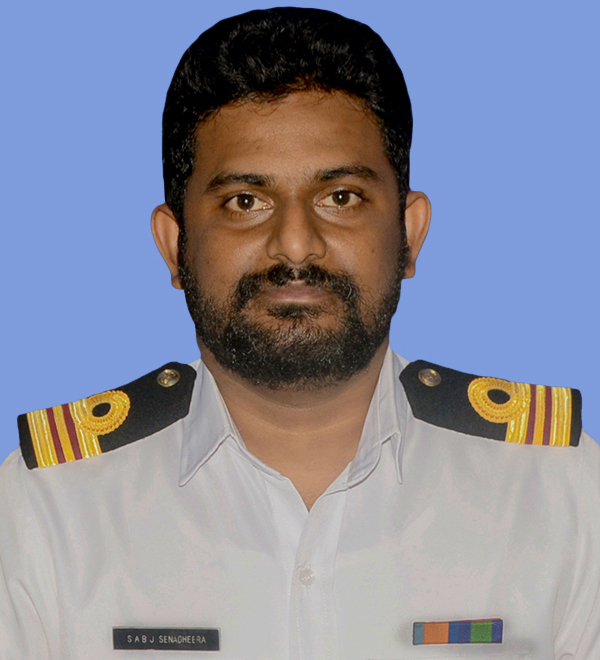
LCDR (E) SABJ SENADHEERA
Second In Charge
NRE 3054
Tel : 61371
sabj-senadheera@navy.lk

LT (E) ND WITHANACHCHI
Third In Charge
NRE 3955
Tel-61354
nd-withanachchi@navy.lk
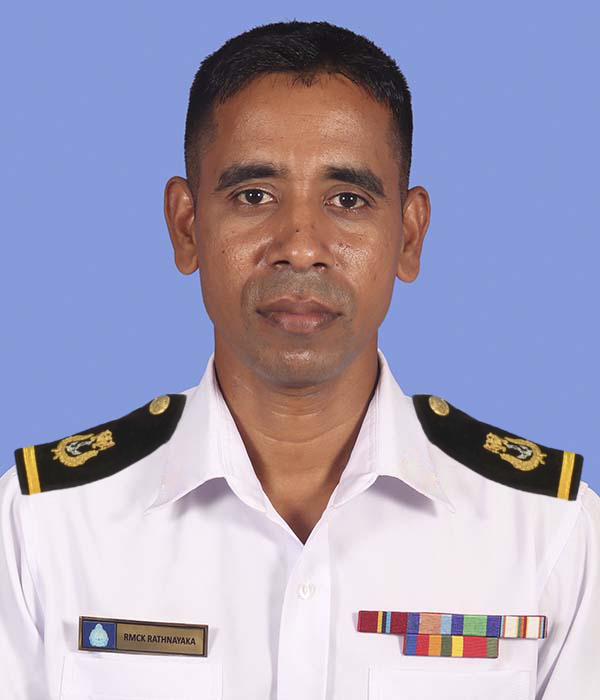
FCPO RMCK RATHNAYAKA
Chief Instructor
ES 52508
Tel : 61373
es52508@navy.lk
